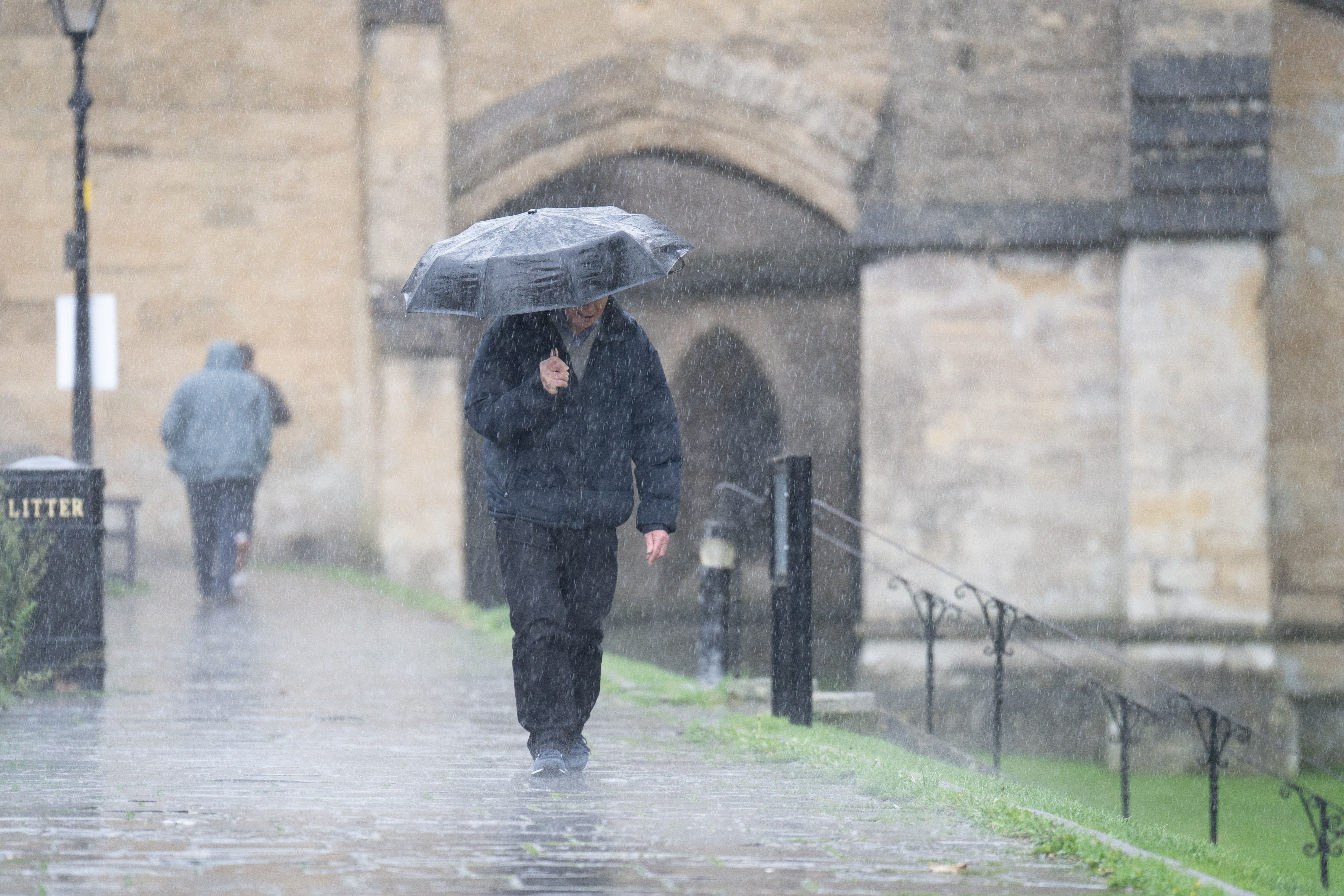Most of England remains in drought despite recent heavy rainfall
Water companies are being urged to plan now to avoid water supply and environmental impacts next summer.

Your support helps us to tell the story
From reproductive rights to climate change to Big Tech, The Independent is on the ground when the story is developing. Whether it's investigating the financials of Elon Musk's pro-Trump PAC or producing our latest documentary, 'The A Word', which shines a light on the American women fighting for reproductive rights, we know how important it is to parse out the facts from the messaging.
At such a critical moment in US history, we need reporters on the ground. Your donation allows us to keep sending journalists to speak to both sides of the story.
The Independent is trusted by Americans across the entire political spectrum. And unlike many other quality news outlets, we choose not to lock Americans out of our reporting and analysis with paywalls. We believe quality journalism should be available to everyone, paid for by those who can afford it.
Your support makes all the difference.Most of England remains in drought despite recent heavy rainfall, and water companies must plan ahead to avoid potential problems next summer, officials have said.
Above-average rainfall in October and November has helped wet soils and improve river flows, recharging groundwater supplies and refilling reservoirs, with reservoir stocks across England now at around 68% capacity.
Some areas have seen their drought status improve, with the West Midlands moving from drought to recovery and Greater Manchester, Merseyside and Cheshire moving from “prolonged dry weather” to normal status.
And some water companies, including Thames Water, have removed their hosepipe bans imposed on customers in the summer amid the drought.
But 10 of the Environment Agency’s (EA) 14 English regions remain in drought, and some reservoirs remain well below the levels expected for the time of year.
These include Colliford Reservoir in Cornwall, which is at only 24% of capacity, Roadford Reservoir in Devon at 43% capacity, and Grafham Water in Cambridgeshire which is 63% full.
Above-average rainfall is still needed to fully replenish water supplies and prevent drought conditions in some areas next year, officials said.
Projections by experts for the National Drought Group show that if winter rainfall levels are 80% of the long term average, depleted reservoirs and aquifers are unlikely to fully recover, and farmers’ water supply storage reservoirs may not fully refill.
The warning comes after the most recent meeting of the National Drought Group, which includes senior officials from the EA and representatives from government, water companies and key farming and environmental groups.
Water companies are being urged to increase activity over winter to reduce leaks and plan for freeze-thaw conditions which can cause leaks, identify possible new sources of water and network improvements while limiting environmental risks.
They are also expected to work with farmers and other sectors to improve resilience for next summer.
Water Minister Rebecca Pow said: “The recent rainfall will be a relief for many, but we should approach the improving drought situation with cautious optimism.
“I urge water companies to continue to plan their water resources and take precautionary steps to ensure water resilience.
“This includes emphasising to the public that water shouldn’t be taken for granted.”
EA executive director and chairman of the National Drought Group (NDG) John Leyland said: “We cannot rely on the weather alone – if we are to avoid a worse drought next year, it will require action by us all.
Over winter we expect water companies to fix and reduce leaks, identify new sources of water and work with farmers, growers and other sectors to protect our precious water resources should drought remain next year
“Early and precautionary planning must start now to manage the risks that this would bring.”
“Building on the work of the EA, water companies and NDG members this year – from implementing drought plan measures such as temporary use bans and drought permits to helping customers use less water – we must keep up our preparations for the worst case scenario.
“Over winter we expect water companies to fix and reduce leaks, identify new sources of water and work with farmers, growers and other sectors to protect our precious water resources should drought remain next year.”


